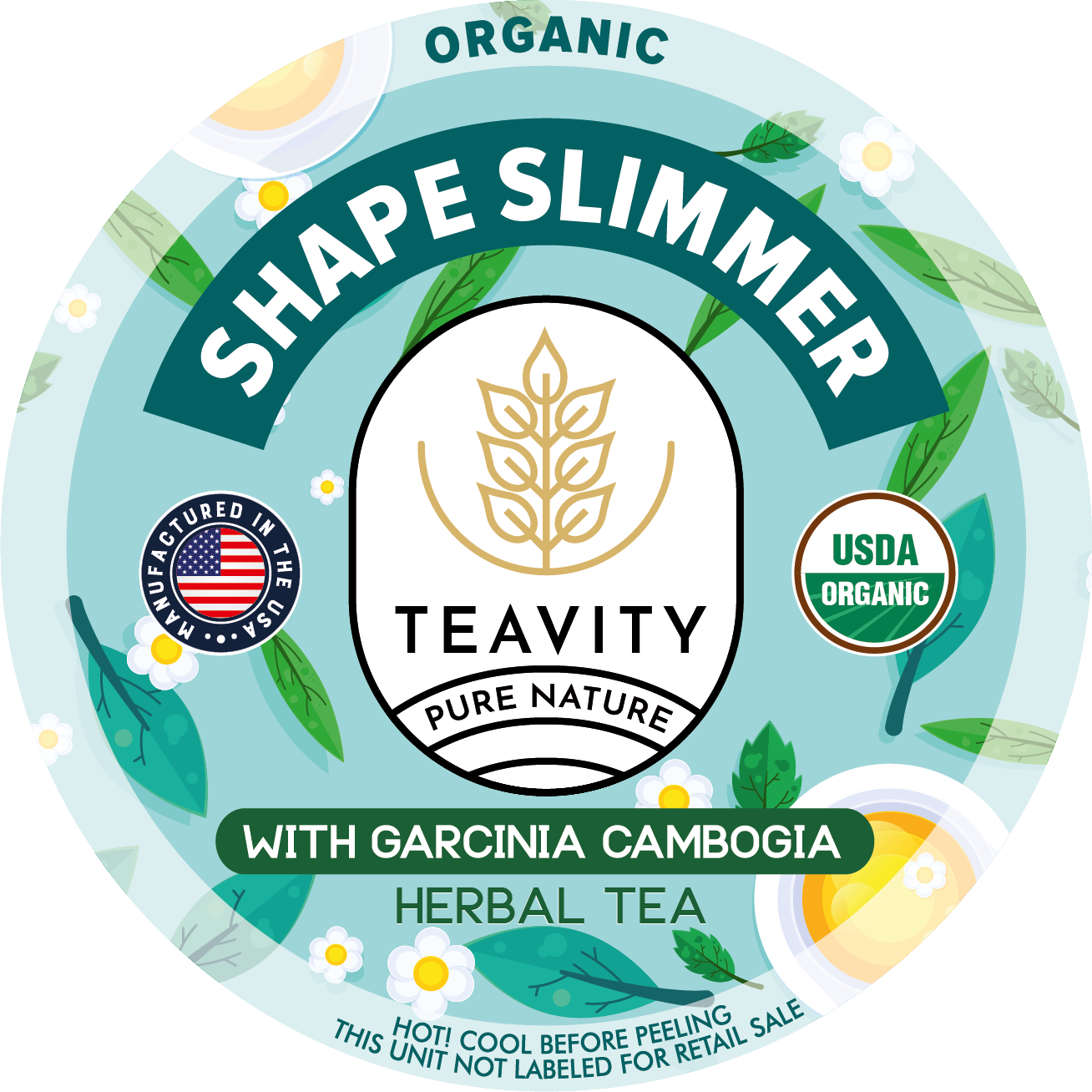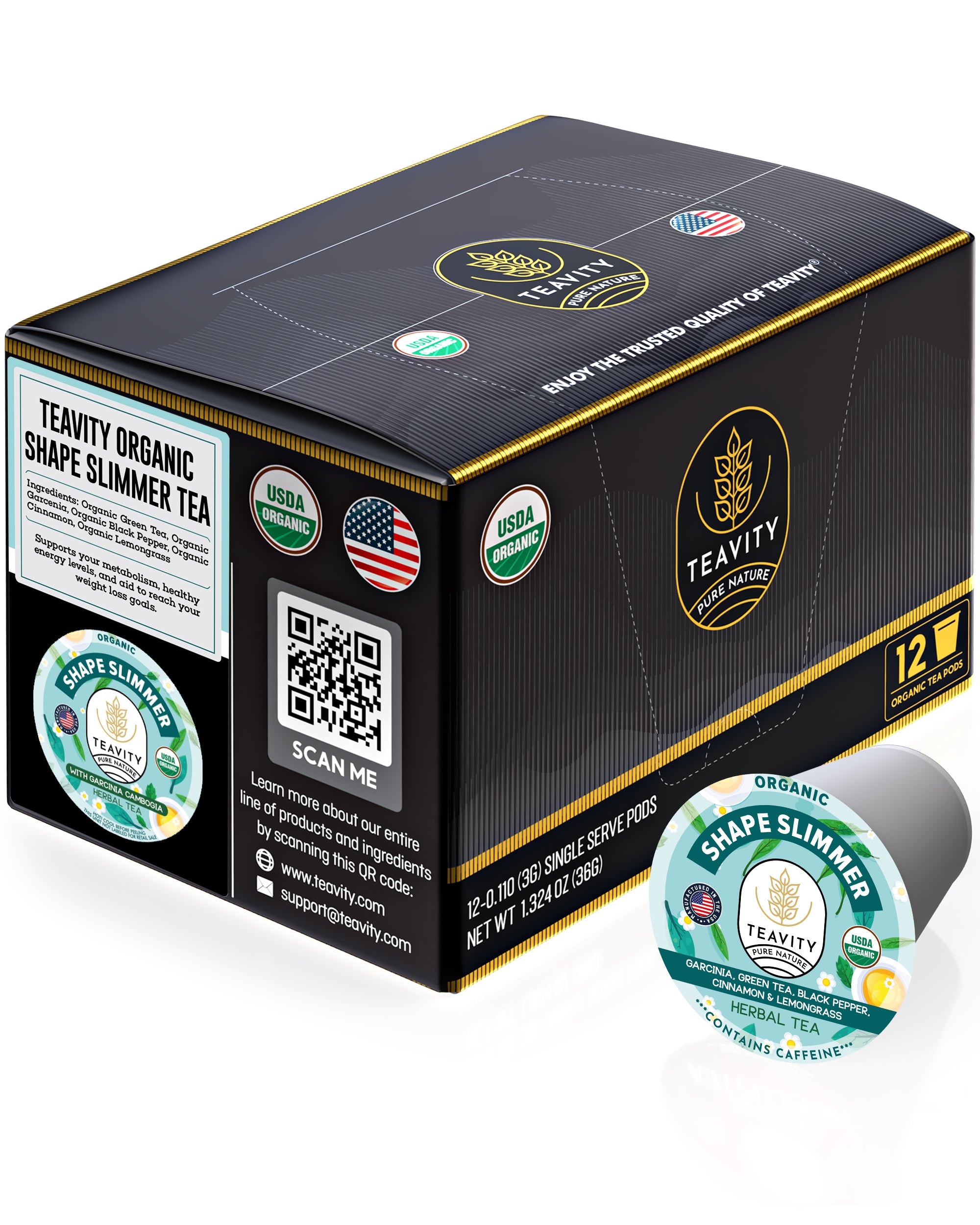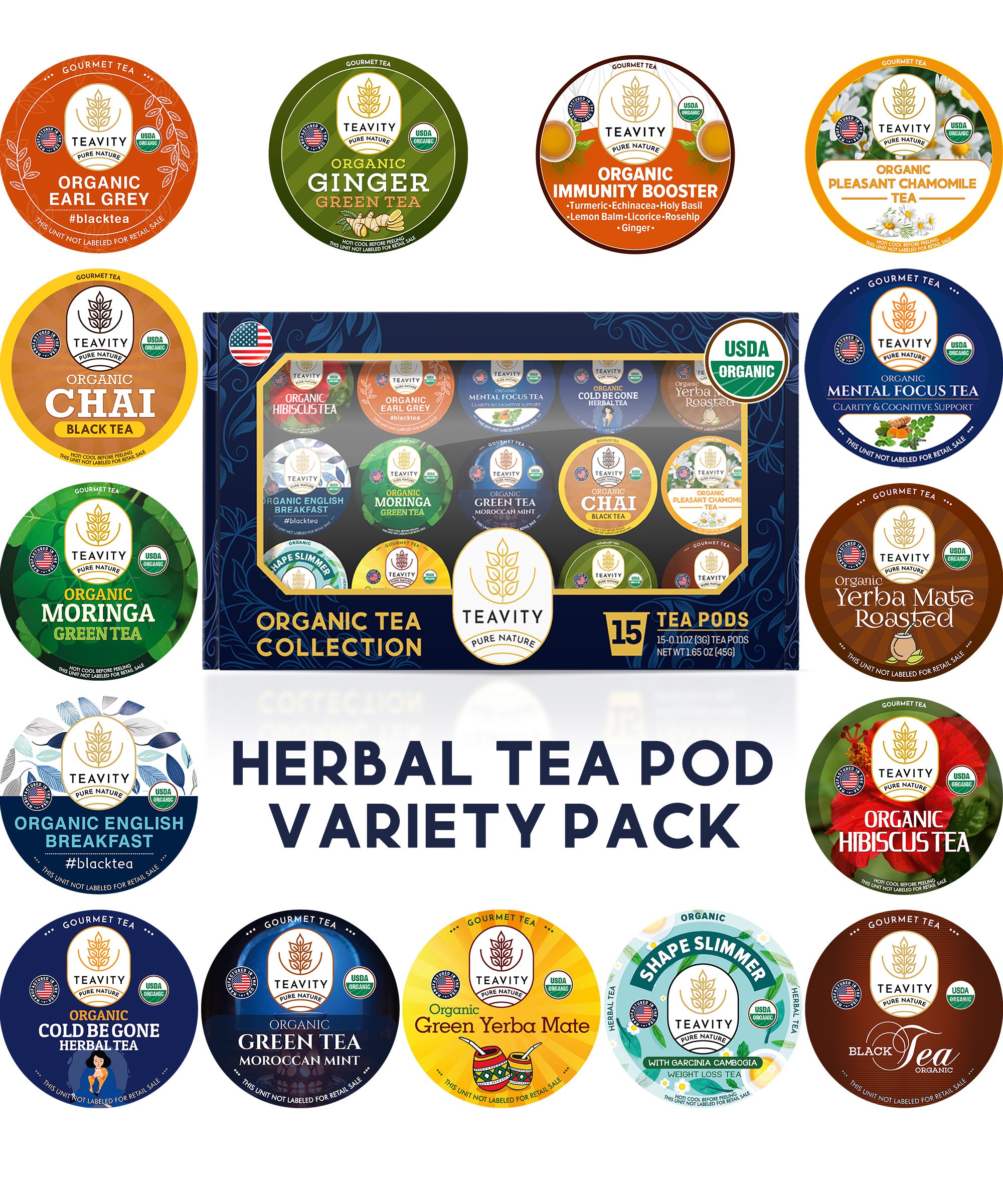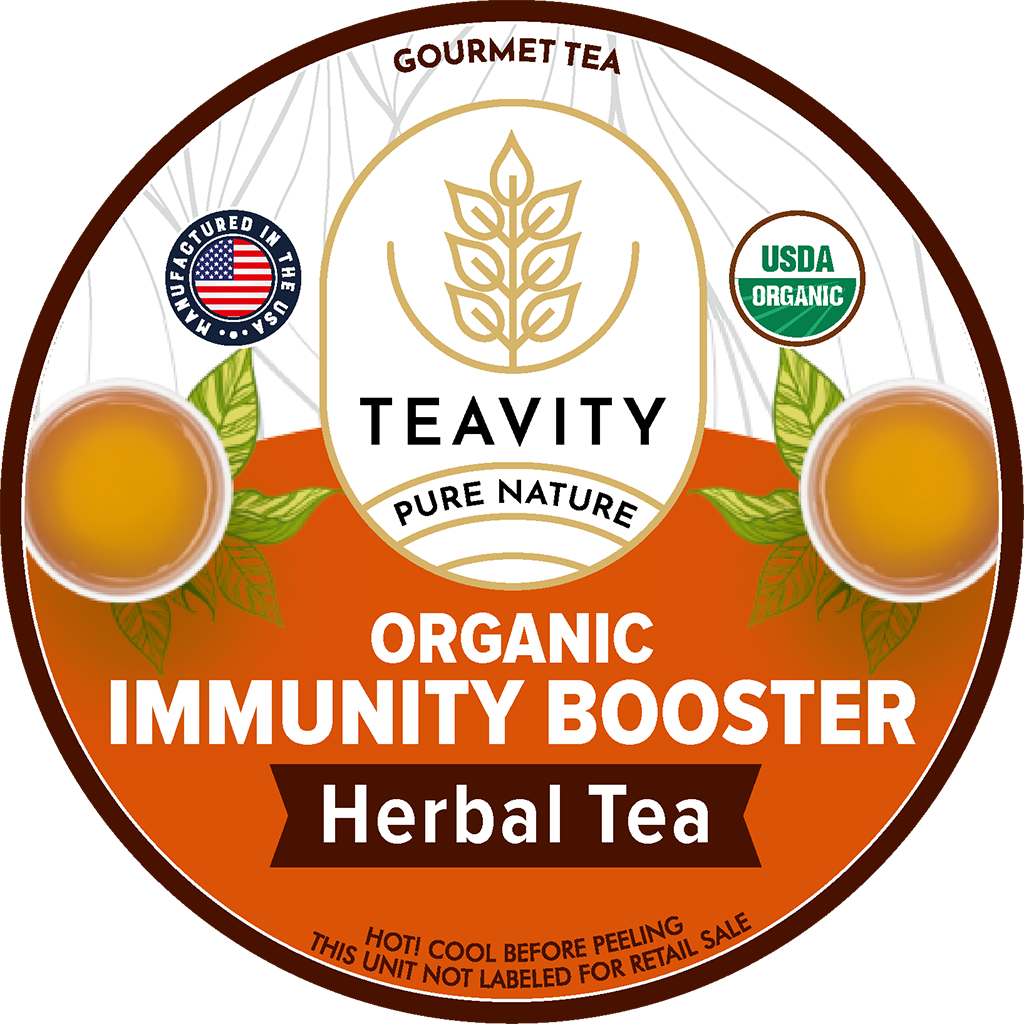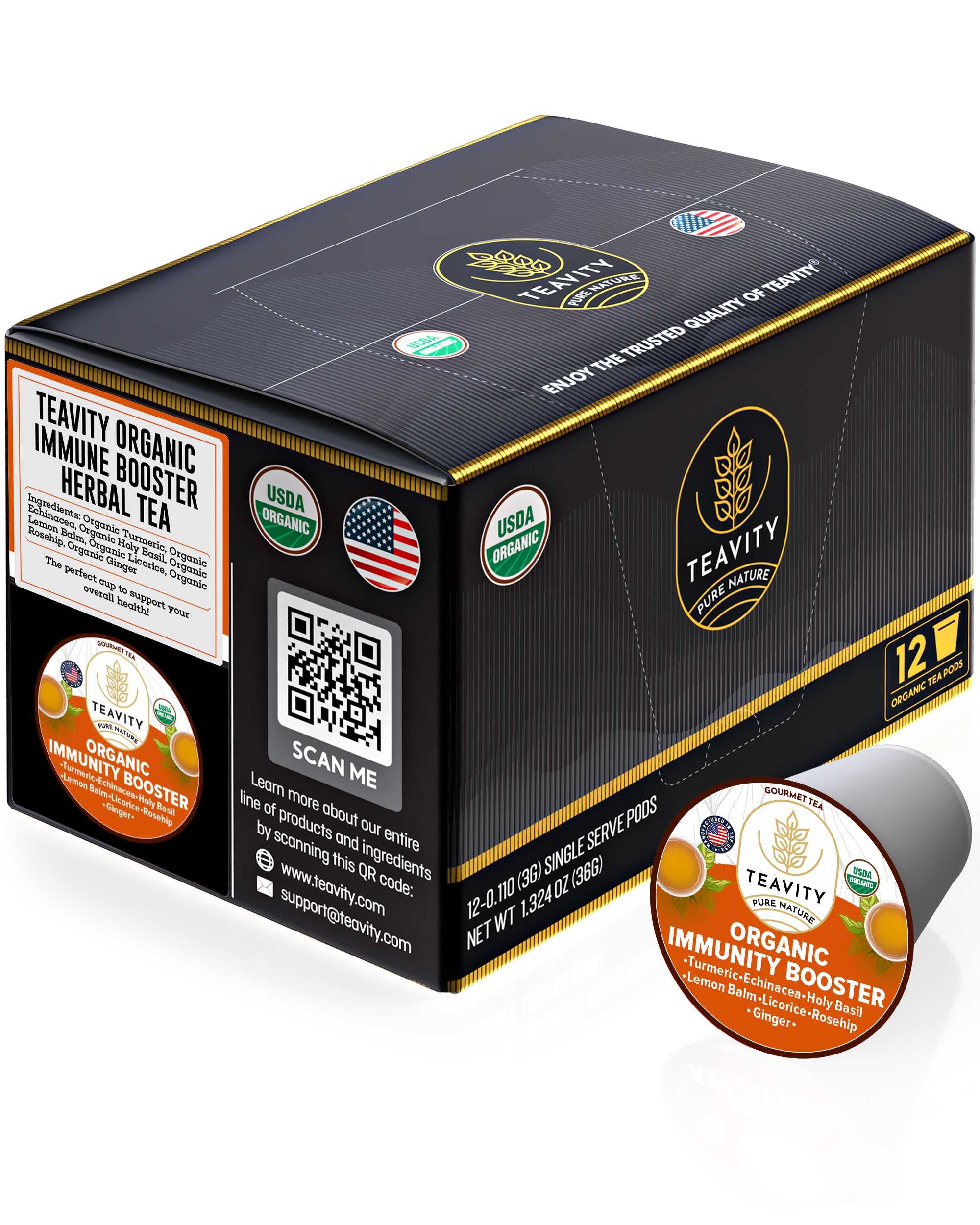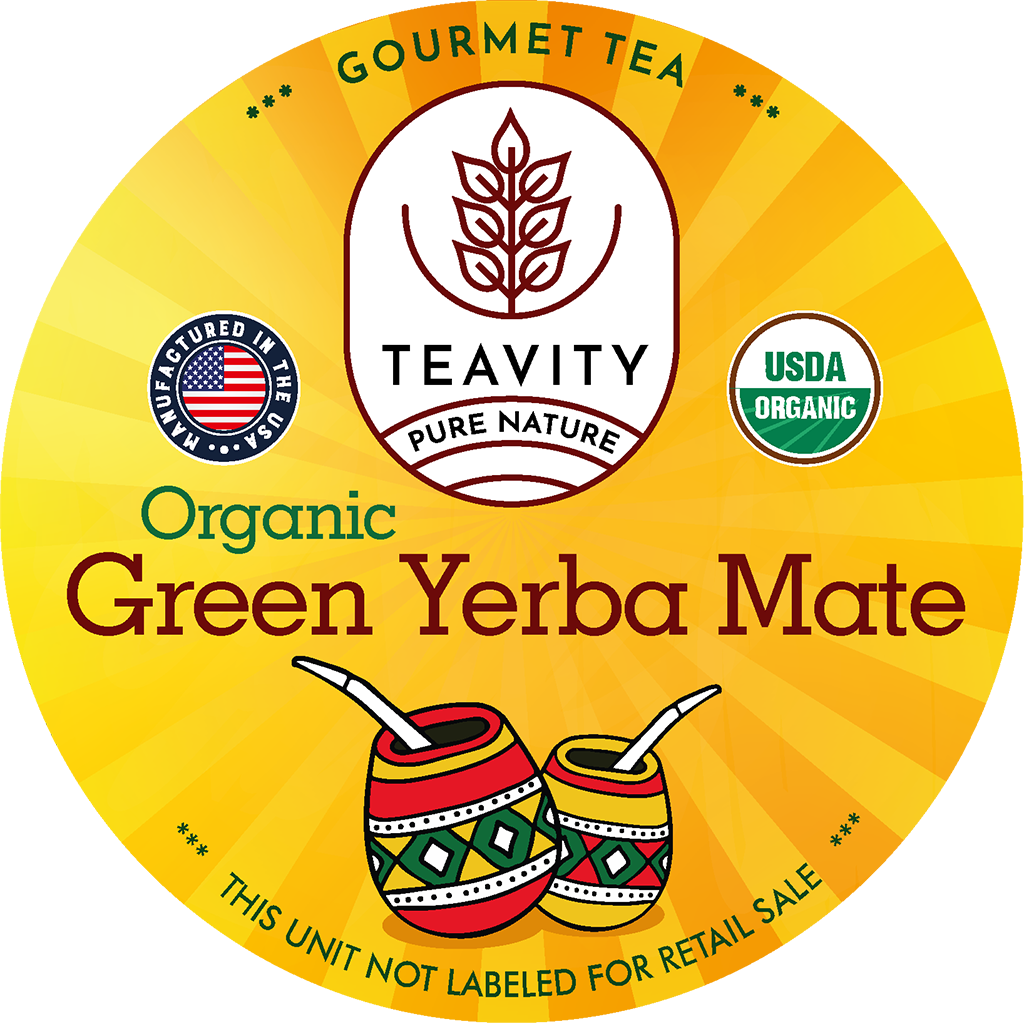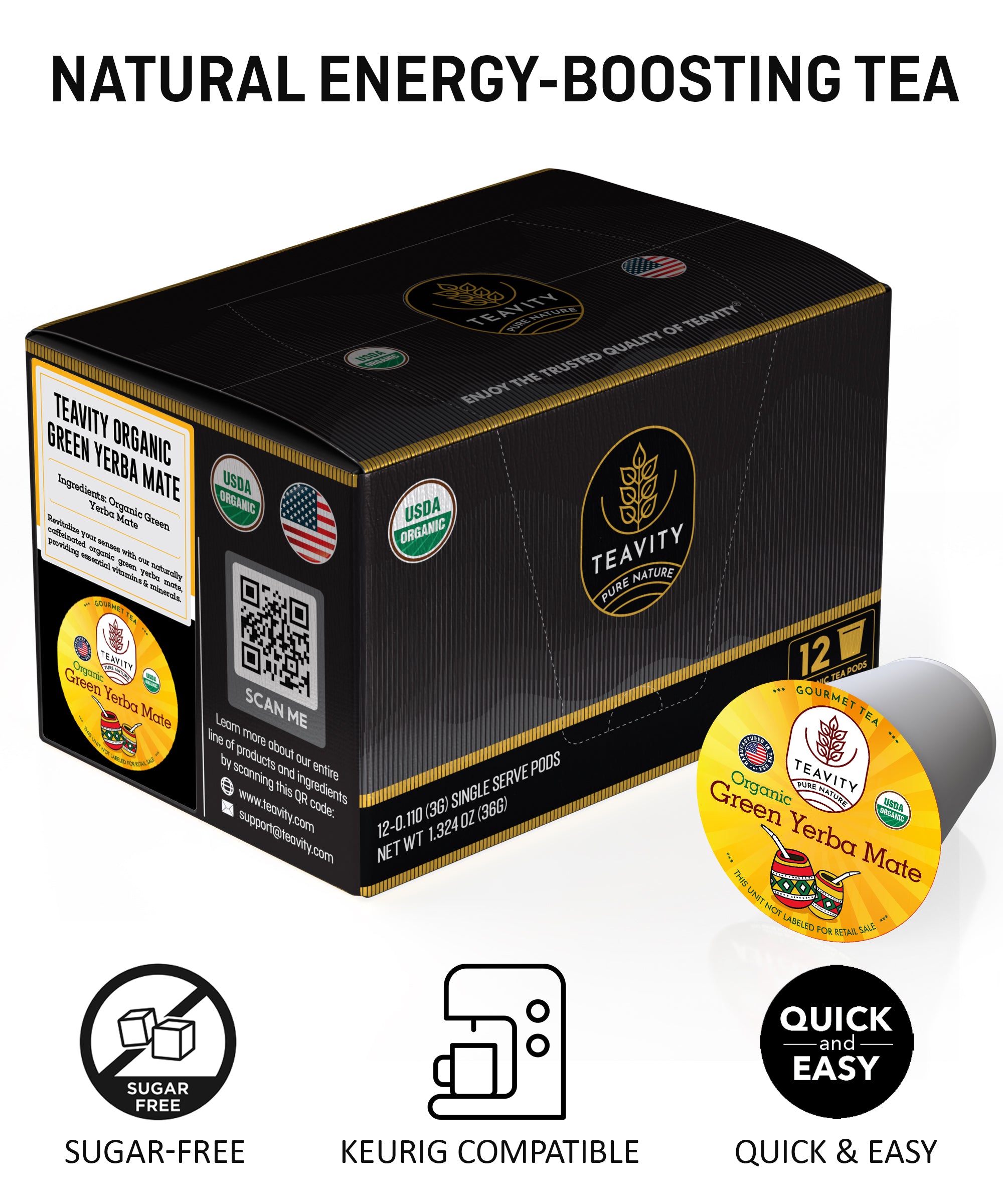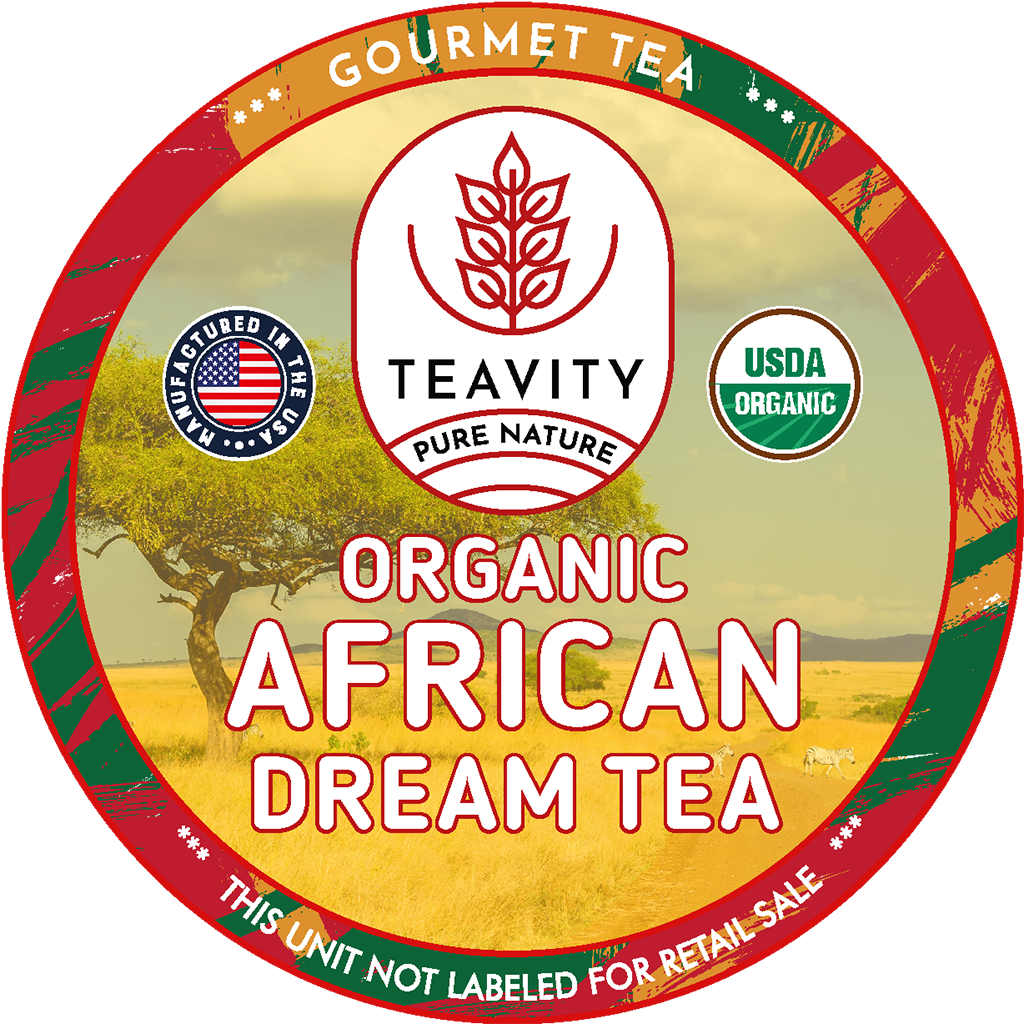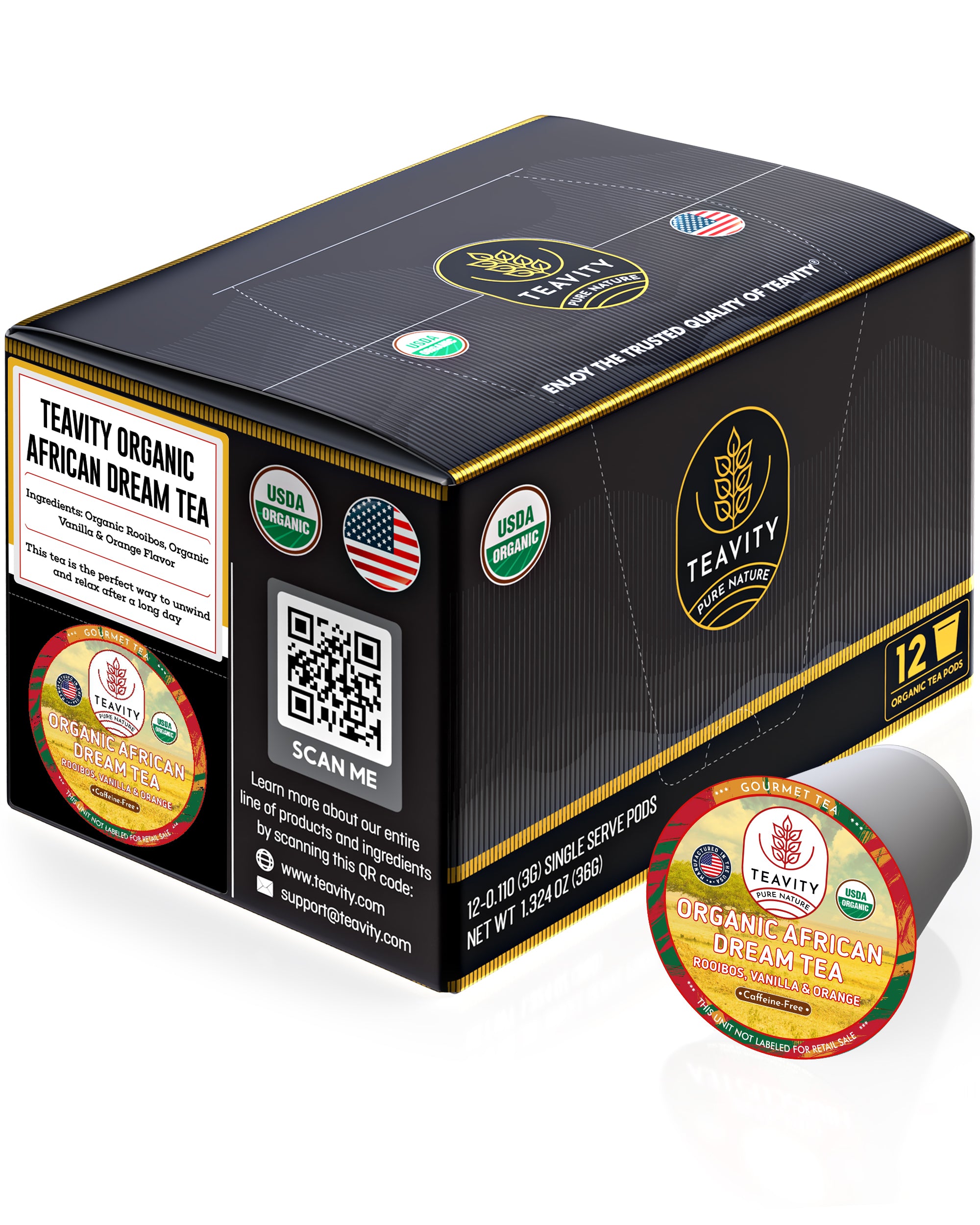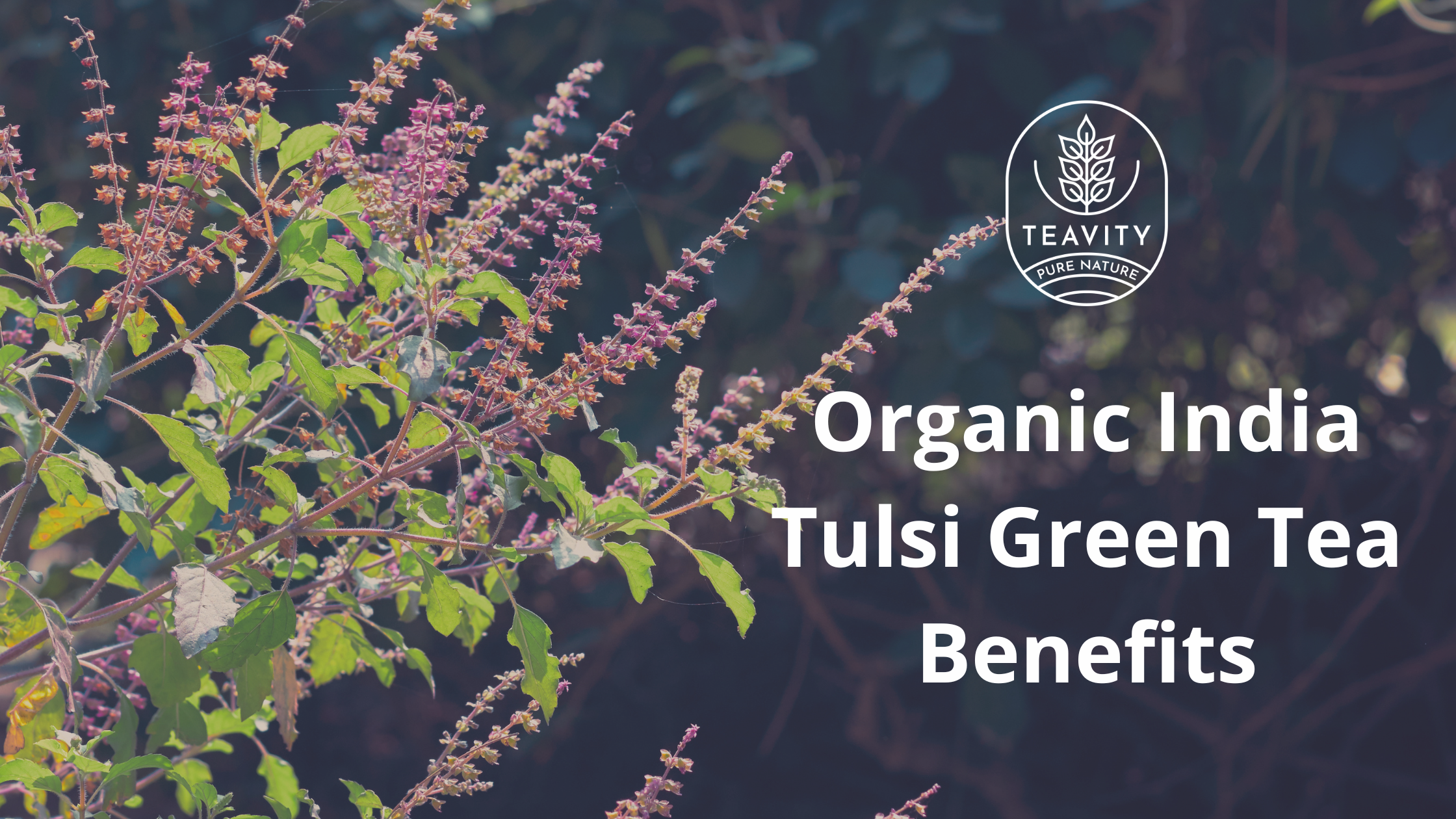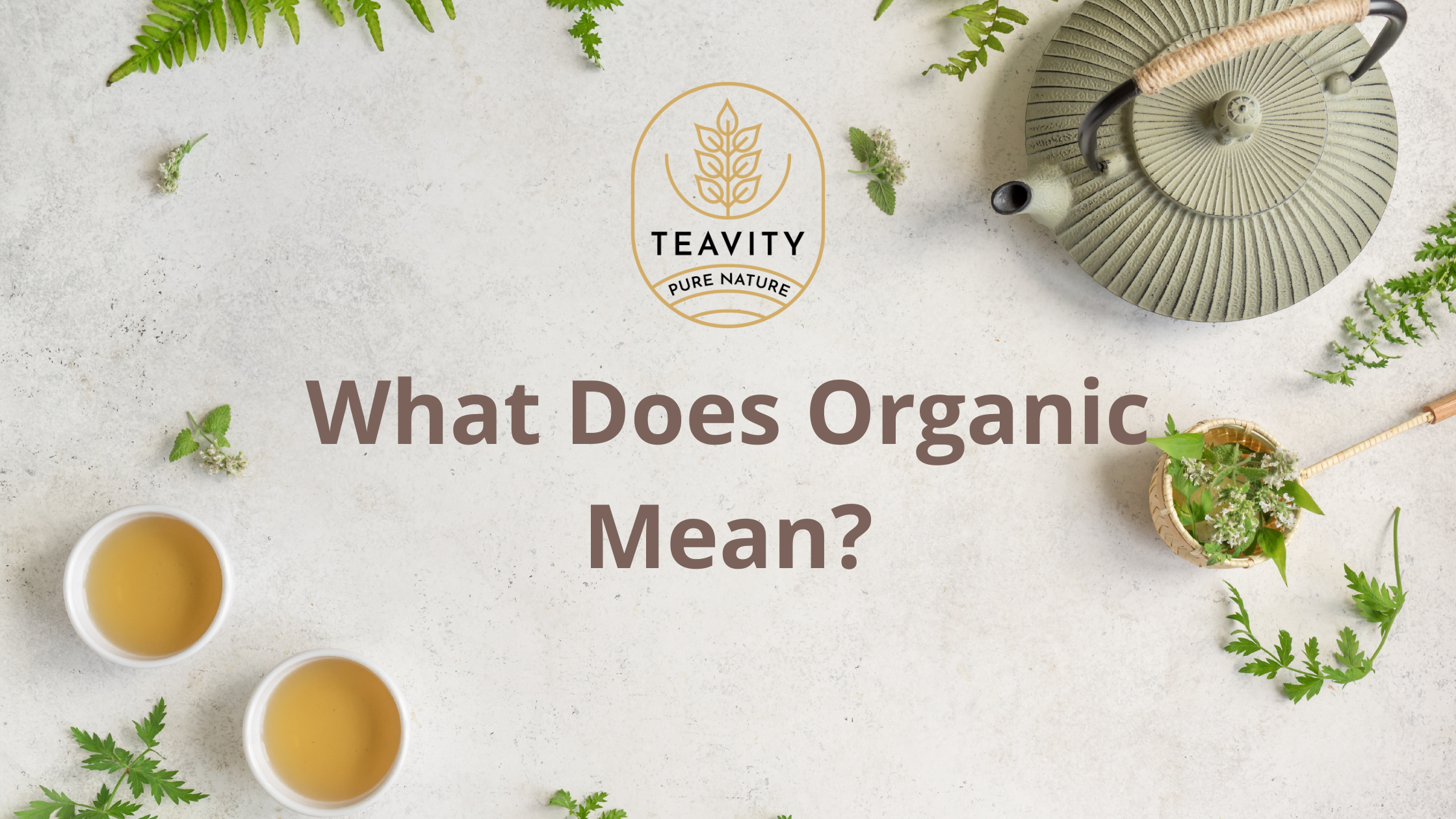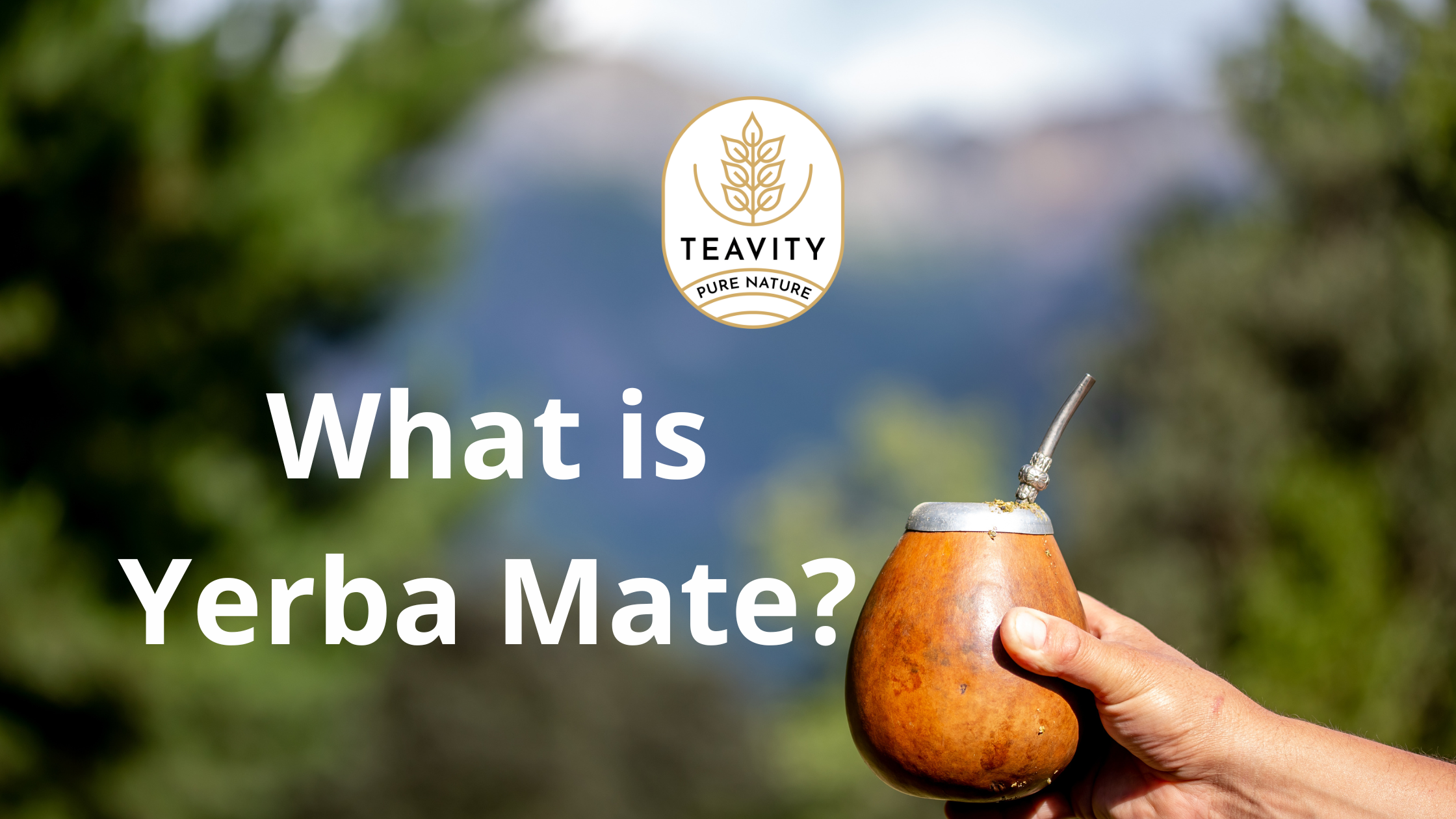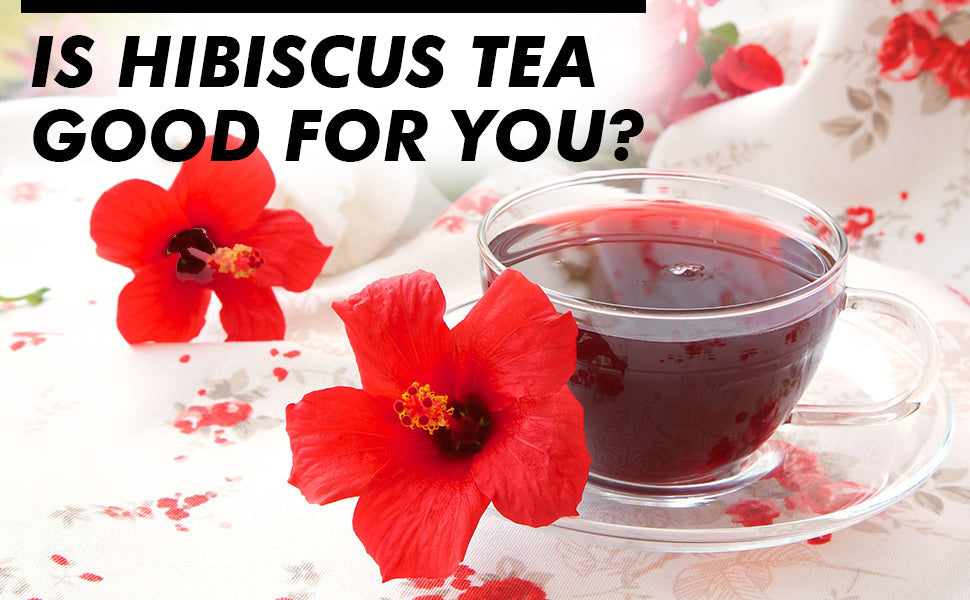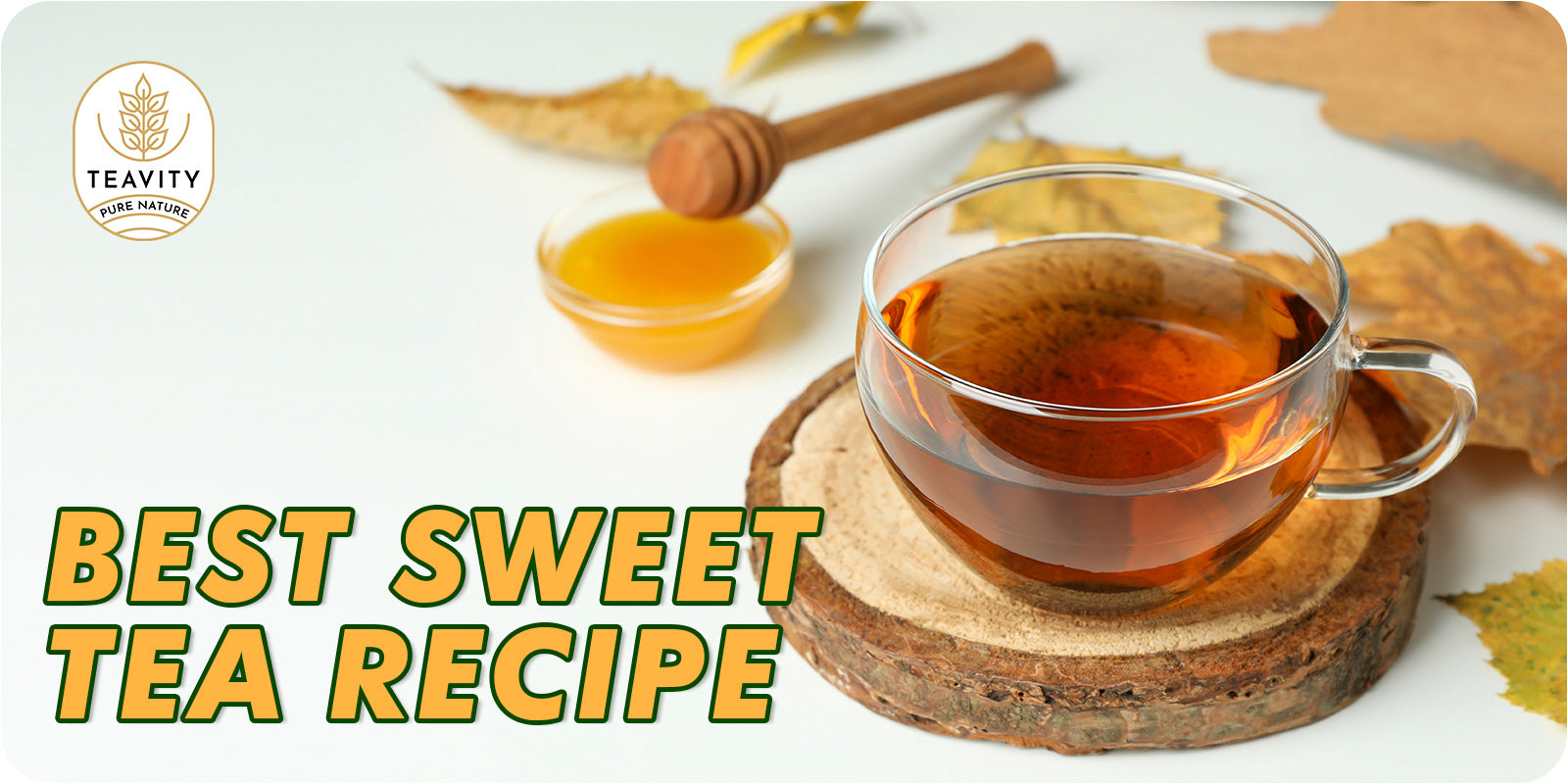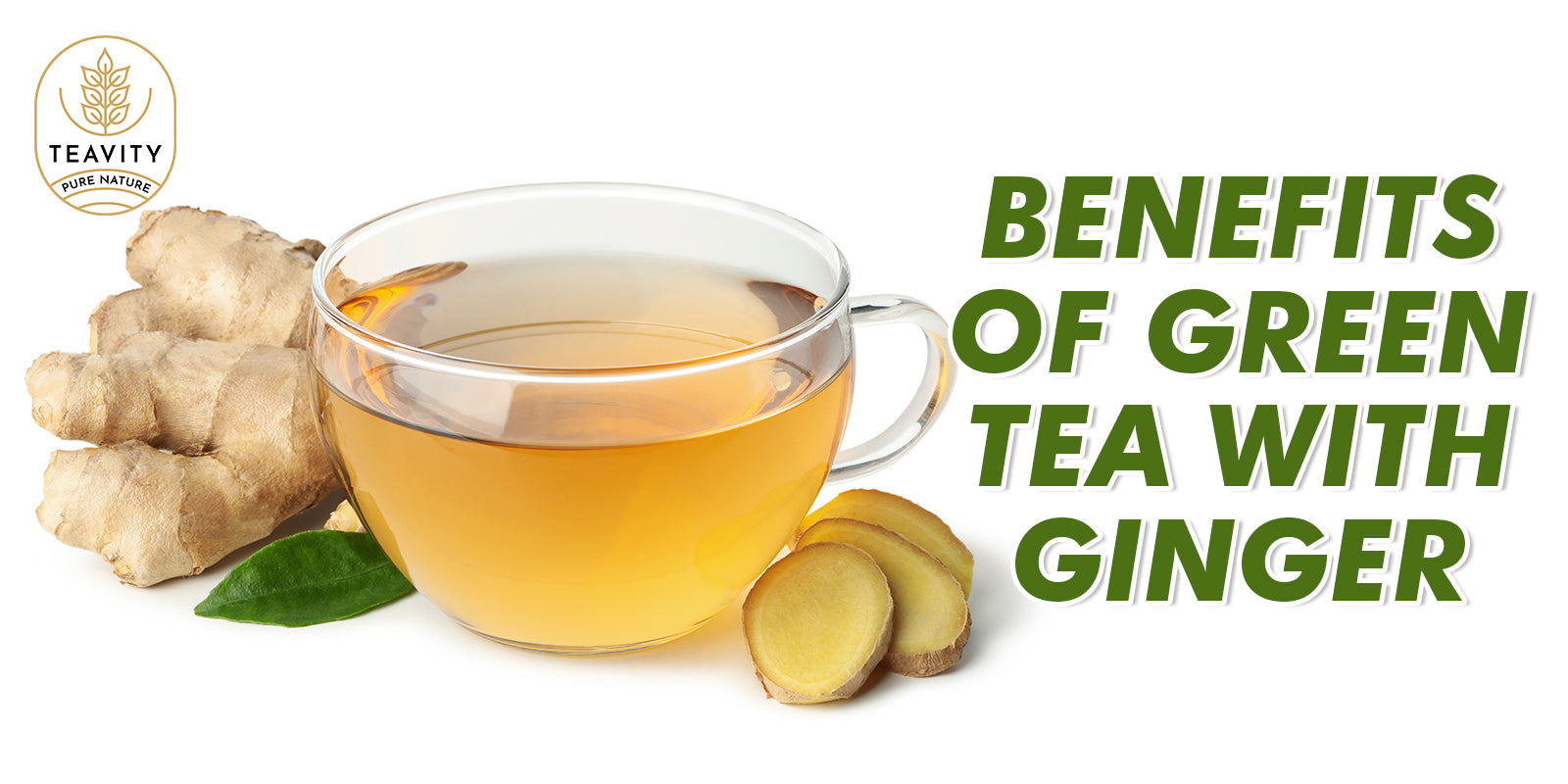
Is Yerba Mate Green Tea?
Introduction to Yerba Mate Green Tea
Yerba mate is a traditional South American drink made from the leaves of the Ilex paraguariensis plant. Unlike green tea, yerba mate is derived from a different plant altogether, but both offer unique qualities. Yerba mate green tea has gained worldwide popularity due to its distinctive flavor and potential health benefits.
Health Benefits of Yerba Mate Green Tea
-
Antioxidant properties and their effects on health:
- Yerba mate contains a rich array of antioxidants that help protect the body against harmful free radicals and oxidative stress.
- These antioxidants help reduce the risk of chronic diseases, including heart disease and inflammation-related conditions.
-
Boosting energy levels and mental focus:
- Yerba mate contains caffeine and other stimulants that provide a natural energy boost and enhance mental alertness.
- The combination of caffeine and other compounds in yerba mate promotes a more sustained and balanced release of energy compared to coffee.
-
Aiding digestion and promoting weight loss:
- Yerba mate has been traditionally used as a digestive aid, helping to relieve constipation and promote healthy bowel movements.
- It may also help suppress appetite and increase metabolism, making it a potential ally in weight loss efforts.
-
Strengthening the immune system:
- Yerba mate contains vitamins, minerals, and polyphenols that support a healthy immune system.
- These nutrients help strengthen the body's defenses against infections and diseases, keeping you feeling vibrant and well.
-
Potential cancer-fighting properties:
- Some studies suggest that the antioxidants and anti-inflammatory compounds in yerba mate may have protective effects against certain types of cancer.
- While more research is needed, preliminary findings indicate promising potential in inhibiting the growth of cancer cells.
Preparation of Yerba Mate Green Tea
-
Selecting quality yerba mate tea leaves:
- Look for organic and sustainably sourced yerba mate tea leaves to ensure the highest quality and minimize exposure to pesticides.
- Consider the type of yerba mate, such as traditional or flavored variations, based on your preferences.
-
Traditional brewing method:
- Heat water to about 160°F (70°C), avoiding boiling temperatures that can compromise the flavor.
- Fill a gourd or cup with yerba mate leaves, cover the opening with your hand, and invert it to shake out the finer particles and stems.
- Insert the bombilla (a metal straw with a filter) into the gourd, gently tilting it to one side.
- Pour the heated water into the empty side of the gourd, allowing it to be gradually absorbed by the leaves.
- Sip through the bombilla, adding more water as needed until the flavor weakens.
-
Modern brewing techniques:
- Yerba mate can also be prepared using a French press, tea infuser, or tea bags for a quicker and more convenient brewing process.
- Follow the manufacturer's instructions for water temperature and steeping time.
- Experiment with different brewing methods to find the one that suits your taste preferences.
-
Yerba mate infusions and recipes:
- Yerba mate leaves can be used to create delightful infusions and unique recipes.
- Try cold-brewing yerba mate overnight for a refreshing iced tea, or incorporate it into smoothies and cocktails for a flavorful twist.
- Explore traditional South American recipes, such as mate cocido or mate-infused desserts, to expand your culinary horizons.
Conclusion:
Yerba mate green tea offers a plethora of health benefits, from its antioxidant properties to its potential in promoting energy, digestion, and immune health. By selecting quality leaves and utilizing traditional or modern brewing techniques, you can enjoy the unique flavors and therapeutic effects of yerba mate. With its versatility in infusions and recipes, you can further explore the world of yerba mate and incorporate it into your daily routine for a nourishing and invigorating experience.
